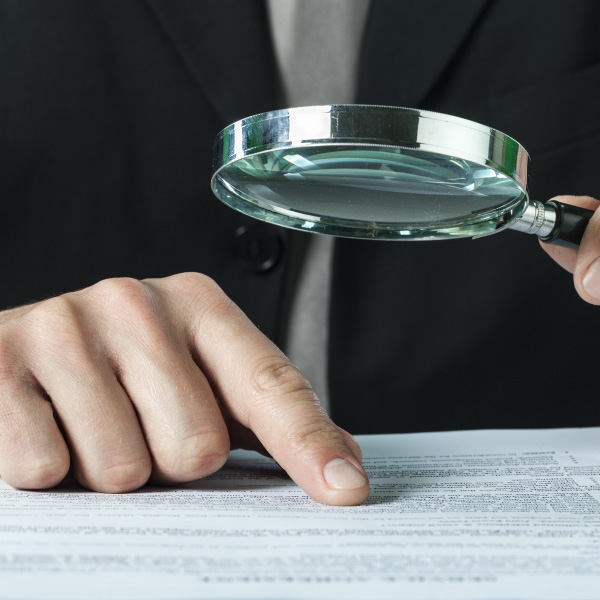With the introduction of the High-Net Worth Unit, Edward Kieswetter, commissioner of SARS, noted in the National Tax Indaba of September 2021, that SARS’ position is to focus on collecting the “lowest hanging fruit”, which has been clarified by SARS’ actions over the following months.
Considering recent events, and the 2022 Budget Speech, what Kieswetter was referring to, was not the route of least resistance, but rather a route where prosecution, is for the public good.
Findings of the Davis Commission
With media scrutiny being put on High-Net Worth Individuals, local celebrities, and state-owned enterprises (“SOE’s”), the burning question is, what is the criteria for selection and furthermore -prosecution?
The 2022 Budget Speech highlighted many proposed developments in South African law, including tax rate changes, increased excise charges, and most relevantly, SARS’ focus on non-compliance, with the resounding statement that:
“To assist with the detection of non‐compliance or fraud through the existence of unexplained wealth, it is proposed that all provisional taxpayers with assets above R50 million be required to declare specified assets and liabilities at market values in their 2023 tax returns. The additional information will also help in determining the levels and structure of wealth holdings as recommended by the Davis Tax Committee.”
This statement aligns with Kieswetter’s statement in April 2021, noting that SARS has profiled several High-Net-Worth Individuals, who SARS deems to be living extravagantly, with a focus on specified assets and liabilities, with a market value exceeding R50-million. He went on further to say that with the automatic exchange of information in place because of SARS’ Tech Upgrade, they now have access to databases which track the movement of high-end items.
A Resounding “NO” on Selective Prosecution
In recent months we have certainly seen SARS making good on its word of focusing on non-compliance, which enables the prosecution of taxpayers for offences committed “wilfully and without just cause”. With reference to a lifestyle audit, this would be taken further, and should any non-declaration or under-declaration be discovered, it will enter the realm of “intentional tax evasion”.
A recent example of this is the judgement taken by SARS, against Elizabeth Mosima Koko, wife of former Eskom CEO, Matshela Koko, to the tune of approximately R48-million in unpaid taxes, inclusive of interest and penalties accrued over time.
As intimidating as this may be, to many High-Net Worth Individuals, local celebrities, and those associated with SOE’s, the only way to combat this, is to ensure compliance from the start, and if already too far gone, immediate remedial action must be taken.
A Level of Solution-Based Thinking
For taxpayers wishing to rectify non-compliance by means of a voluntary disclosure of information, or ensuring their current compliance record remains unblemished, there are various solutions available.
The Compromise of Tax Debt is one solution, and is aimed at aiding taxpayers, both individual and corporate, to reduce their tax liability by means of a Compromise Agreement (“the Agreement”), which is entered into with SARS.
The result of entering into the Agreement, is having your tax liability greatly reduced, to an amount which is affordable to the taxpayer, granting a much-needed reprieve on the road to recovery.
The Best Strategy to Remedying Non-Compliance
To protect yourself from criminal charges, it remains the best strategy to always ensure compliance.
Where you find yourself on the wrong side of SARS, there is a first mover advantage in seeking the appropriate tax advisory, ensuring the necessary steps are taken to protect both yourself and your family, from paying for the sins of your luxurious lifestyle. However, where things do go wrong, SARS must be engaged legally, and we generally find them agreeable where a correct tax strategy is followed.
As a rule of thumb, all correspondence received from SARS should be immediately addressed, by a qualified tax specialist or tax attorney, which will not only serve to safeguard the taxpayer against SARS implementing collection measures, but the taxpayer will be expertly and correctly advised on the most appropriate solution to ensure their standard of living is not diminished.

![2025-logo-[Recovered] Tax Consulting South Africa](https://www.taxconsulting.co.za/wp-content/uploads/2025/01/2025-logo-Recovered.png)


